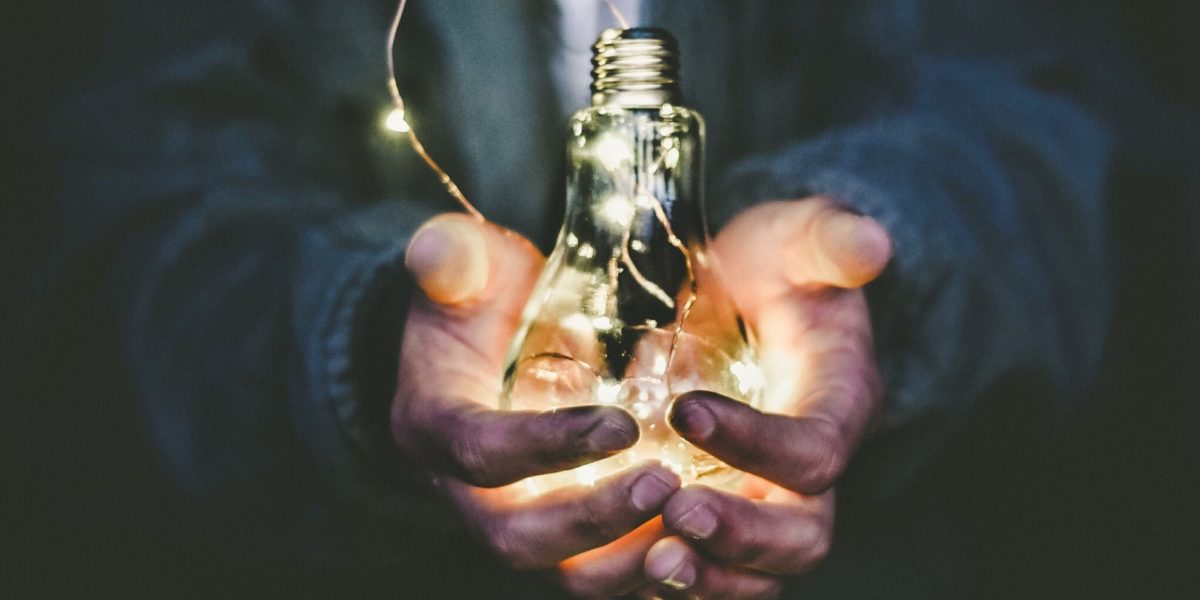Five years after Hurricane Maria devastated Puerto Rico, leaving three million people without power for months, Hurricane Fiona again destroyed Puerto Rico’s energy infrastructure.
Fiona went on to be the costliest extreme weather event ever to hit Atlantic Canada.
In the wake of Fiona, Al Weinrub wrote a “haiku” with lessons for all of us. Al is an authority on energy democracy. He has a Ph.D. in Applied Physics from Harvard, has been a Sierra Club energy-climate activist for 14 years, coordinator of the Local Clean Energy Alliance for 13 years, and coordinator of the California Alliance for Community Energy for six years.
Here’s a heavily edited version of “Fiona’s Wrath” (with apologies to Dr. Weinrub):
Puerto Rico. Caribbean island paradise. Sun drenched. Solar energy far and wide, source of life, growth, empowerment, prosperity.
Fiona… uprooting power poles, felling wires, exploding transformers, submerging substations. Leaving in her wake a disfigured landscape, a tangled sculpture of inoperable electrical conductivity.
… the mean-spirited oracles of human destitution, a malevolent energy establishment… Basta to their failed, Wall Street-driven, centralized, colonial energy model! Adelante to the people’s alternative energy model, Queremos Sol!
Time to re-imagine energy for our communities… To reject the precarious, corrupt, corporate-driven, centralized, build back worse-than-before energy model. Time to assert, instead, an enduring, just, community-driven, democratized energy future.
While that possibility still exists.
Restoring power to the people requires more than installing roof-top solar panels, of course. But it’s a good start. Living off-grid is entirely feasible.
In fact, roughly 200,000 Canadians are not connected to continent-wide electrical grids and natural gas distribution pipeline systems. But many live in northern communities powered by diesel generators and face difficult decisions about their energy future. Will it be just, community-driven, and democratic?
And what about those of us connected to electrical grids and gas pipelines — will we have a democratic and just transition to a sustainable energy future?
Not under “business as usual”. We should all have a democratic right to feed power into, and take power from, the grid.
The cheerleading by the Globe and Mail’s editorial board for a massive expansion of electrical generating capacity (including nuclear power) ignores energy conservation — the cheapest path to “net zero”. But they’re correct in saying that “When it comes to electricity, Canada has long operated like 10 different countries.”
Sierra Club national program director Gretchen Fitzgerald says “it’s time to have a mature conversation” about Atlantic Canada’s “four little electrical fiefdoms.”
Philip Duguay writes “Interprovincial planning, not “silver bullet” technologies such as small modular reactors, will create the power grid that Canadians deserve.” The Canadian Climate Institute calls this “Electric Federalism.” Jonathan Wilkinson’s mandate letter calls for a “Pan-Canadian Grid Council to promote infrastructure investments, smart grids, grid integration and electricity sector innovation.”
But while we wait for federal action, Nova Scotia Power’s parent company is withholding funding for the Atlantic Loop because the province imposed an electricity rate cap. New Brunswick Power is pursuing small reactor pipe-dreams. Doug Ford killed Ontario’s renewable energy projects and is cancelling its power-sharing agreement with Quebec.
Parliament could use its declaratory power under section 92(10) of the Constitution Act to make the inter-provincial electrical transmission grid work for “the general advantage of Canada.” Unilateral action has risks, however. Parliament’s most recent use of that power (section 71 of the Nuclear Safety and Control Act) has perpetuated Canada’s addiction to nuclear reactors.
Despite the steady stream of negativity about Energiewende, Germany’s phase-out of coal and nuclear power and transformation to a renewable economy, a balanced assessment shows “big gains in electricity despite the gradual phasing out of nuclear power; major gains in industry, but not recently; and continuous improvements in buildings, but no gains in transportation.”
The transport sector is Canada’s biggest failure as well. Gasoline emissions are out of control. Greater freedom of movement for pedestrians and cyclists — not for motorists encased in their heavy metal machines and enslaved to Big Oil — is the priority.
Power of the people, by the people, and for the people – that’s energy democracy.




